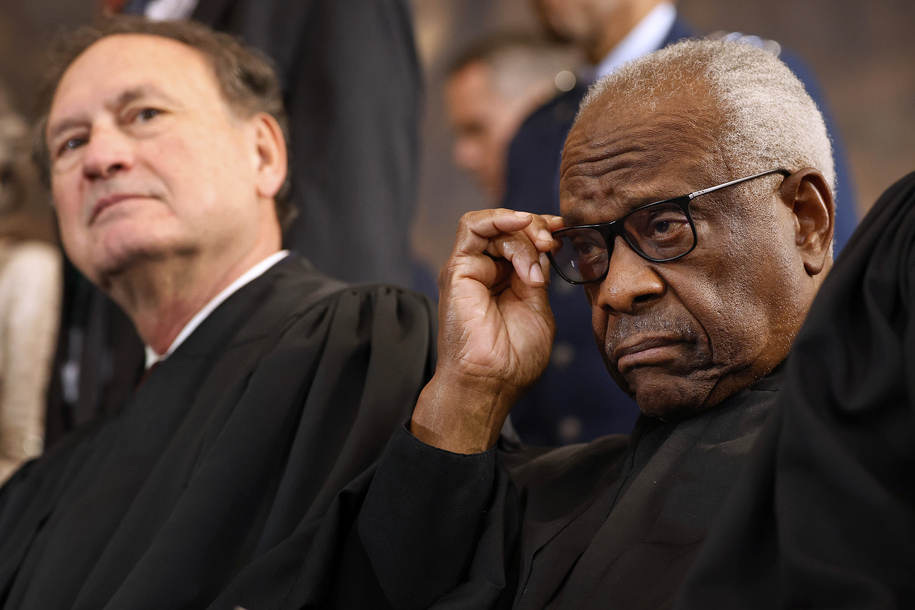The Supreme Court recently held oral argument in Chiles v. Salazer, a case involving a First Amendment free speech challenge to a CO statute that bans LGBTQ “conversion therapy” for minors, including so-called “talk therapy.” CO defended the statute, in part, by pointing to a medical consensus that such efforts, including talk therapy, “fail to meet criteria for legitimate therapeutic treatment, in addition to being harmful and stigmatizing for the young people subject to the treatment.”
Unable to dispute the medical consensus, Justice Alito derided the whole notion of elite and professional consensus:
“The medical consensus is usually very reasonable and it’s very important,” Justice Samuel Alito asserted at one point before challenging the Colorado official defending the regulation, “But have there been times when the medical consensus has been politicized, has been taken over by ideology?”
And Justice Barrett asserted repeatedly, without evidence, that this was really a matter of “different views,” not professional consensus. Alito and Barrett’s comments echoed a concurring opinion in a separate, earlier decision where Justice Thomas called for outright ignoring contradictory evidence from “so-called experts” and “elites,” arguing that they were frequently wrong, biased and/or politically motivated.
Umm . . . guess what legal theory is wholly dependent on expert and professional opinion and purported consensus? Originalism. And guess what related academic field is almost defined by politicization, error, correction, bias and nuance? History.
But what makes Originalism even shakier is that judges generally do not try to do their own medical, scientific or other expert-field inquiries, but Republican judges do try justify outcomes by acting like untrained, unqualified historians in their Originalism analyses. (See also Judges Find Supreme Court’s Bruen Test Unworkable: Judges of all stripes say “history and tradition” can’t guide decision-making.).
To be clear: I have substantive objections to Originalism, as well shared by those more qualified than me. But, the hypocrisy here is too glaring to ignore. Simply, Alito, Thomas and other Originalists cannot argue to avoid elite, professional opinion when it doesn’t suit them, and then rely on the same thing (often murkily or dishonestly applied) to re-order and reverse basic Constitutional structure when it suits them.
Of course, none of this for them is about integrity or consistency. All of it is driven by pure outcome seeking. But that only highlights the need to call out their hypocrisy.

